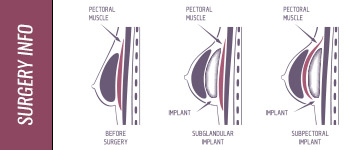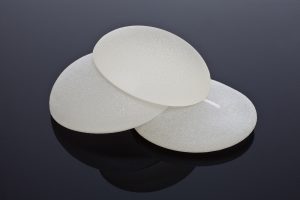The condition of your skin speaks volumes about your overall health. The skin is the body’s largest organ and the primary elimination organ. Ultimately what you eat and any nutritional deficiencies will show through in your skin. There are several vitamins, minerals, and other nutrients that are particularly beneficial to your skin, but overloading on these substances can cause problems as well. The key to healthy, youthful skin is eating a balanced diet, drinking plenty of good water, and staying out of the sun.
Crash diets, fad diets, or even a simple misunderstanding of healthy food can result in malnutrition and deficiencies. Illnesses and stress deplete our bodies of much needed nutrients as well. As a result, skin can become dry and flaky, discolored, and wrinkled or even marred with blemishes and pimples.
Merely ingesting the right nutrients will not guarantee healthy skin. The digestive and elimination systems must be functioning properly or nutrients are not absorbed and put to use, and toxins which should be filtered and eliminated through the liver, kidneys, and bowels will find their way out through the skin.
Antioxidants
The single worst thing for your skin is overexposure to the sun and UV rays. Good habits such as wearing sun block and a large hat or avoiding the sun whenever possible can prevent sun damage, but in reality most of us will get too much sun no matter how much we mean to protect our skin. Fortunately we can make up for some of this by eating a diet that is rich in antioxidants. Vitamins C and E boost the skin’s natural ability to resist sunburn. Vitamins A, lycopene and lutein will help your skin heal after sun damage.
Plums, berries, tomatoes, citrus fruits, asparagus, nuts, and seeds are all excellent sources of skin protecting and rejuvenating antioxidants.
Essential Fatty Acids (EFA’s)
EFA’s are necessary for the skin to produce the proper protective oils. A lack of EFA’s can cause the skin to become dry and wrinkled, easily inflamed, and develop pimples. Cold water fish, soybeans, pumpkin seeds, avocados, purslane, and nuts are a few good food sources for essential fatty acids.
Protein
Collagen is the protein that keeps your skin elastic. A low protein diet will cause your skin to sag and diminish its ability to regenerate. Skin cells are replaced every twenty four hours. Without sufficient protein old, dead cells cannot be replaced. Complete proteins contain all eight essential amino acids and only come from animal products – meat, eggs, and dairy.
Water
Good, pure water is necessary for hydrating and cleansing the body. Well hydrated cells are plump and firm and this translates directly to the appearance of your skin. Water also improves your skin by helping your body eliminate toxins, so it is important to drink water that is not adding toxins to your body. Most tap water is full of impurities, including chlorine, and should be avoided. Well water is free from chlorine, but should be tested for heavy metals and other contaminants.
Probiotics and Fiber
When your digestive system is not functioning properly nutrients are not absorbed, and waste is not eliminated sufficiently. When your skin has to take up the slack in elimination, pimples and other blemishes form. Many aspects of modern life can upset the balance in your digestive system and lead to poor absorption of nutrients. Probiotics help to restore this balance. Yogurt with live, active cultures is a great source for probiotics. Proper digestion and maximum absorption of your food means less waste to be eliminated. Top that off with adequate fiber, found in fruits, vegetable, and grains, and your skin will not have the burden of making up for poor elimination.
When our skin begins to show signs of aging or just doesn’t look its best, we often set out looking for a magic pill, cream, or other external remedy, but the best thing that you can do for your skin is to eat a balanced diet comprised of whole, organic foods and drink plenty of good water.
Ask your cosmetic surgeon about a diet tailored for your skin today.




